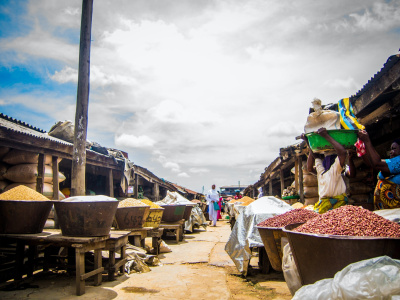
African power pools: Regional energy, national power
Despite the continent’s natural resource endowment of renewable and non-renewable energy sources, Sub-Saharan Africa (SSA) suffers from huge deficits in the supply and distribution of energy. While there is a need for improved electricity generation capacity and transmission infrastructure within African countries, greater cross-border trade in electric power is a potentially cost-effective way of connecting excess capacity in one country or region with (peak) demand in another. This is why power pools were established in Central, Southern and Eastern Africa.
Summary
Drawing on individual studies, this paper highlights the common objectives but quite different origins and challenges of these structures. Overall, the cases suggest that despite the initial, relative success of the Southern Africa Power Pool (SAPP), power pools across the continent are faced with:
- a deficit in investment in generating and transmitting power nationally;
- a lack of trust among states and willingness to liberalise markets;
- dominance by national power providers in national politics and
- the resulting preference for bilateral over regional agreements.
The SAPP case highlights the important role that South Africa originally played though this has waned, while a lack of a real energy champion in the West and Eastern power pools appears to limit their immediate potential. Even as Ethiopia becomes an energy giant, it is not clear that this will lead to improved regional energy supplies through a power pool given the political preference for bilateral deals and connections.
Effectively functioning power pools will require further investment in underlying infrastructures and a critical mass of distributed generation capacity, but also a shift in thinking from short-term oriented objectives towards long-term gains, and trust-building among states.






